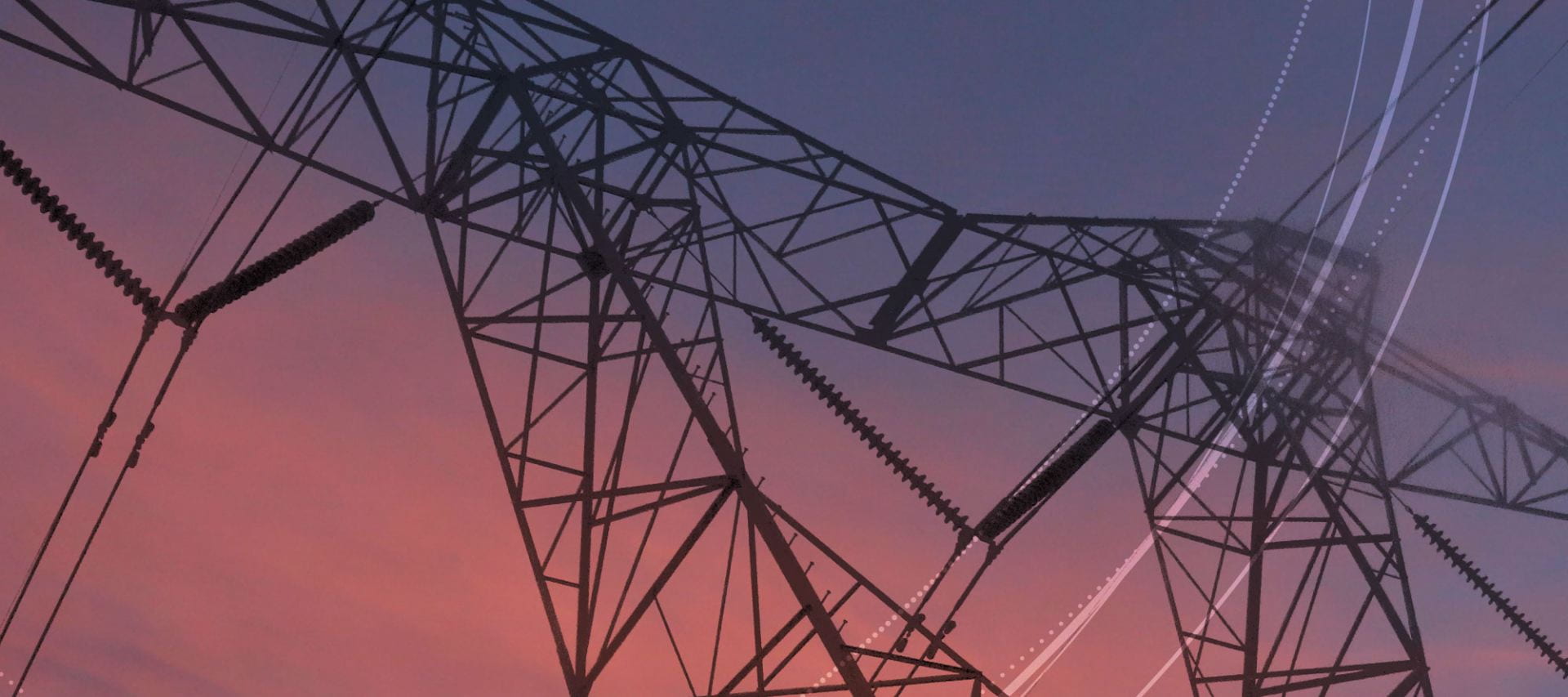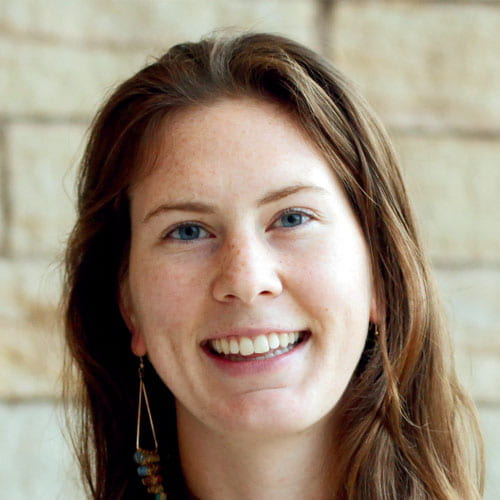
The Energy University

With a background in environmental conservation, biology, education, and political science, Micaela is pursuing a J.D. at Penn State Law, a governing member of the Center for Energy Law and Policy. The 2020–21 president of Penn State Law’s Environmental Law Society, Micaela received a Public Interest Law Fund Fellowship in 2020 and aspires to work at the intersection of environmental law, energy, and infrastructure.
What led you to choose Penn State Law?
First, it was the Penn State community—this village of professors and professionals who are so committed to students. I also chose Penn State because I knew that I wouldn’t be in an echo chamber. I wanted to hear and engage with many perspectives on the environment and energy and policy.
How do we make progress amid differing perspectives?
Progress comes from exploring the “why” behind differing opinions. For example, you can’t be a good attorney if you’re unwilling to read the other side’s briefs. You have to sit with the argument and the logic. We have to try to understand what makes us uncomfortable or we do a disservice to the possibilities of moving forward.
What does the future of the energy sector look like to you?
We have an opportunity to address the pressure points of today’s energy sector with an intentional approach attuned to social and environmental justice and to the ecological benefits we could reap. I’m thinking about how we can be sure that the people with the most to lose and gain are represented and/or advocated for throughout the transition.
How can Penn State supporters play a role?
By continuing to foster opportunities for engagement. A school like Penn State—one with a diverse scholarly mindset that is so rich in interdisciplinary work—is a pretty incredible space to be in at this moment.